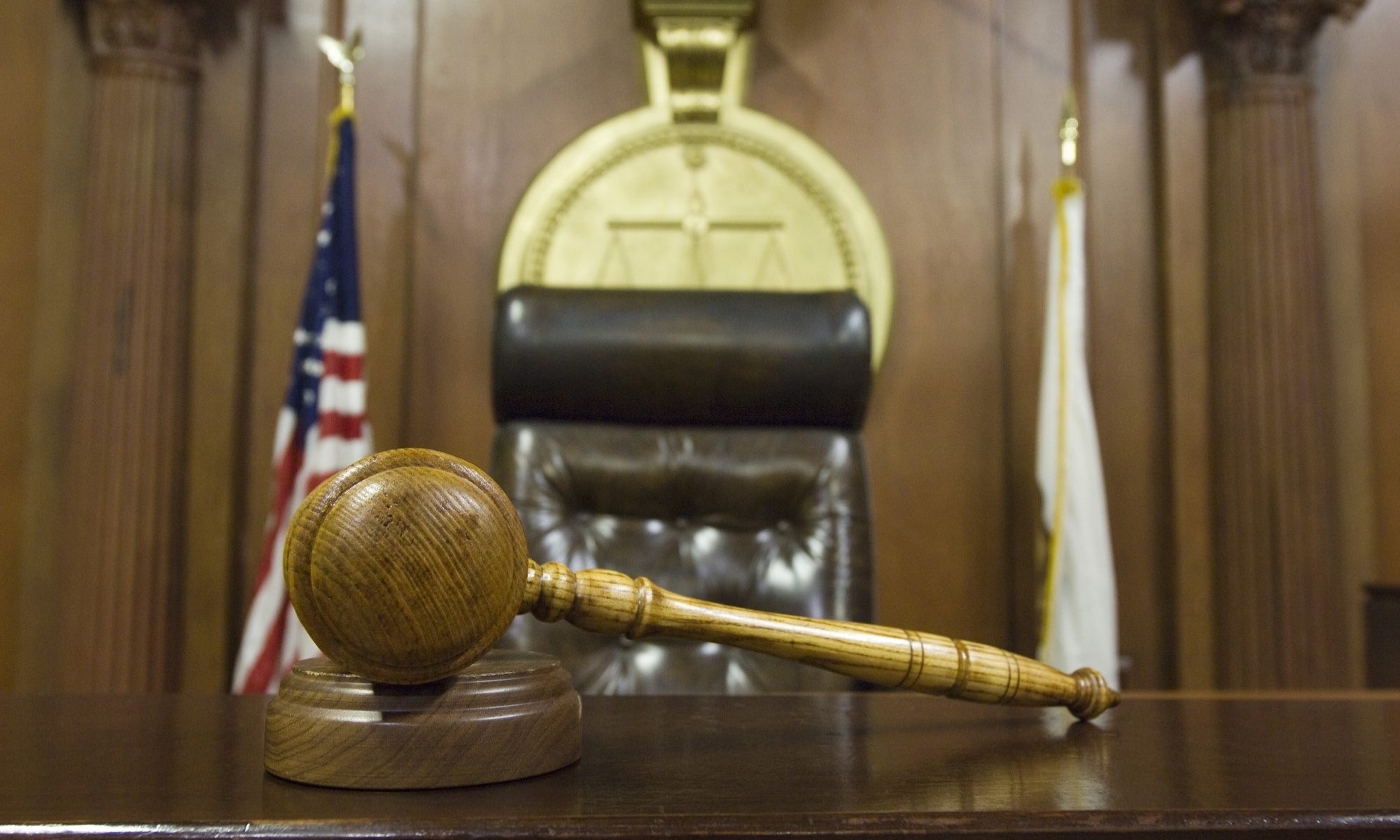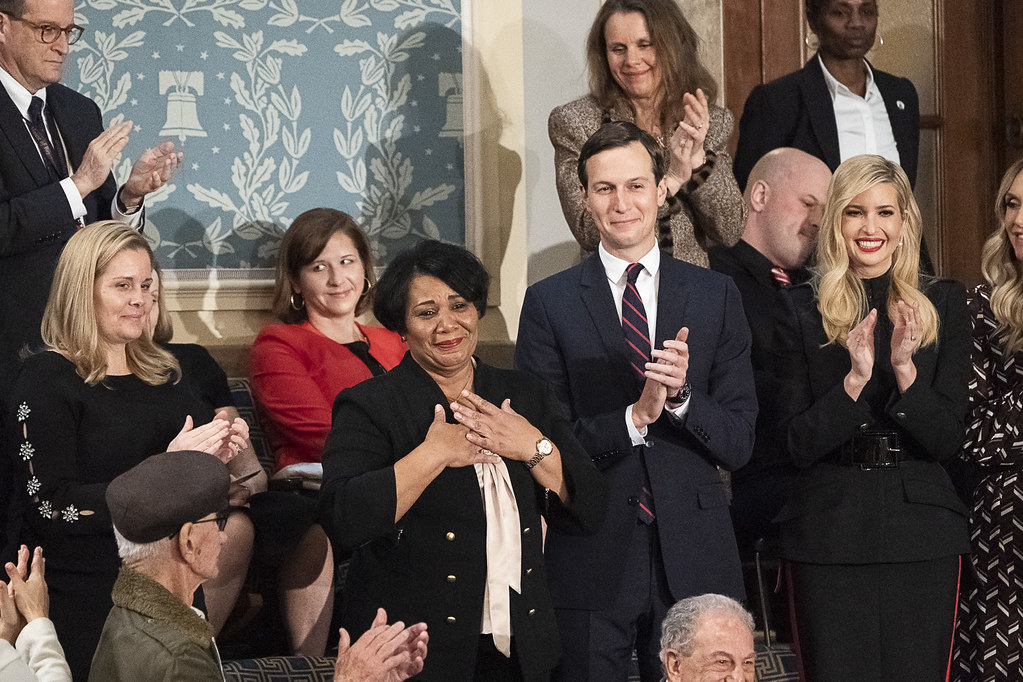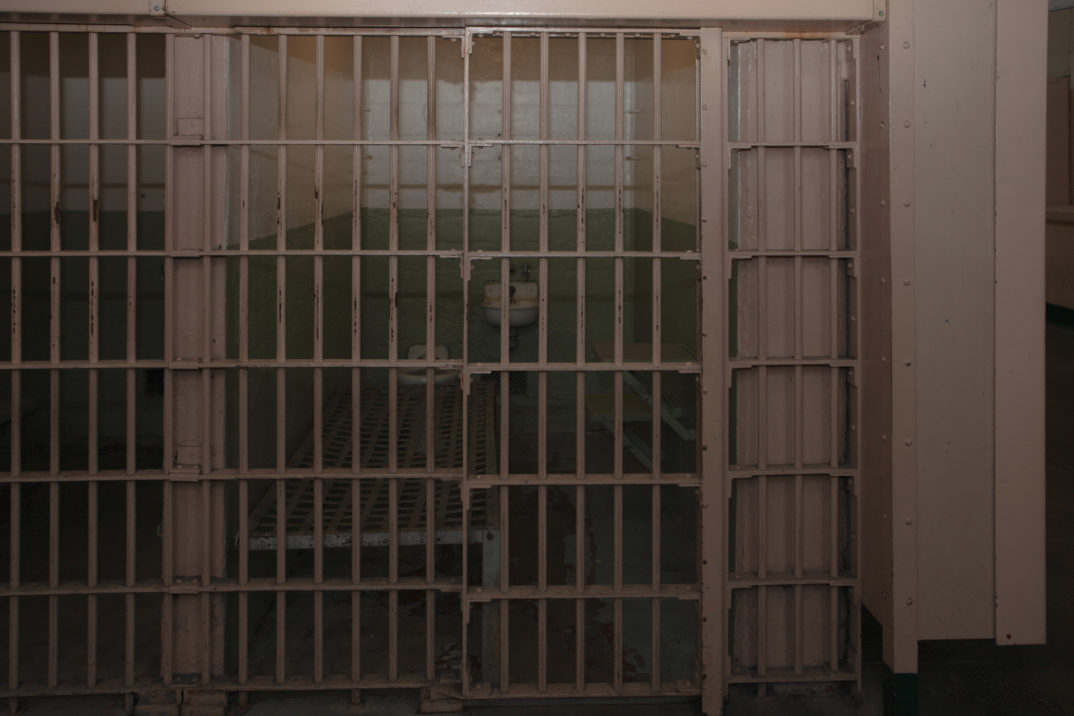Elizabeth Holmes’s treatment by the criminal justice system was substantially different from the treatment most criminal defendants receive. Was she the beneficiary of white privilege, or perhaps what anthropologist David Graber called “the communism of the rich”?
Holmes had been widely hailed as the world’s youngest self-made female billionaire, but in November of 2022, the founder and former CEO of Theranos – a medical technology company – was convicted on one count of conspiracy to defraud and three counts of fraud. In total, she was convicted of defrauding investors of over one hundred forty million dollars.
Prosecutors argued that Theranos’s technology, meant to dramatically reduce the amount of blood drawn for tests, did not work – and she knew it. Theranos actually lost more like six hundred million dollars of investor funds, but the jury deadlocked on three of the charges and she was acquitted on four others.
The prosecutors could have retried Holmes on those three charges, but, even before sentencing, they announced they were dropping them. The judge had the option of sentencing her to twenty years on each count, and letting the counts run consecutively, which would have meant an eighty-year sentence. She was sentenced to eleven years.
The trial was delayed to allow Holmes to give birth, though an estimated 58,000 women are sent to prison while pregnant every year. Now that she’s been sentenced, she is still free on bail awaiting an appeal even though she was recently caught booking a one-way plane ticket to Mexico. (Her bail, by the way, is $500,000.)
Some legal commentators argue that her treatment has not been that unusual, at least for “someone like Holmes, who is not a danger to society.” Which might make one wonder who, in general, constitutes a danger to society and who does not.
That question seems especially salient since, in California (where Holmes was tried), the potential punishment for stealing anything over $950 is three years in jail and a $10,000 fine. The bail in felony theft cases is typically between $20,000 and $100,000.
On the other hand, concurrent sentences are not unusual and the maximum sentence is rarely the one applied. Delays and postponements of various types are not atypical. Arguably, the most striking discrepancy is in the amount of bail.
However, even if Holmes’ treatment has been unfairly lenient, nothing mentioned so far touches on the most significant inequity. The fundamental unfairness that now underlies the criminal justice system of the United States is invisible to most of us, most of the time.
What Elizabeth Holmes received, because of her wealth and privilege, that almost no one else in America receives, is a jury trial.
Arguably, the right to trial by jury is the oldest and most essential right. The Magna Carta declared, “No man (sic) shall be taken, outlawed, banished, in any way destroyed, nor will we proceed against or prosecute him (sic), except by the lawful judgments of his peers…” The importance of jury trials to liberty was one of the few things on which Thomas Jefferson and James Madison agreed. Jefferson regarded trial by jury “as the only anchor yet imagined by man, by which a government can be held to the principles of its constitution,” while Madison, the author of the Constitution wrote, that it “is as essential to secure the liberty of the people as any one of the pre-existent rights of nature,” including freedom of religion and speech.
Yet, only 2% of the 80,00 people charged in federal courts in 2018 received a jury trial. The states do a little better, but consistently less than 5% of defendants in state courts get a jury trial.
We often speak very abstractly about rights and freedoms. But it is in the application of criminal and civil law that the power of the state – to take your money, your freedom, even your life – becomes terrifyingly concrete. Yet, modern political philosophers have had very little to say about the moral and democratic significance of juries. They have focused almost exclusively on the epistemic value of juries; that is, on how well juries succeed at getting at the truth.
The most influential epistemic argument, Marquis de Condorcet’s “jury theorem,” shows, in a rigorous way, that (i) on an issue with two alternatives, (ii) where a decision is made independently by each participant, (iii) and there exists an objectively right decision, (iv) assuming each decision-maker has even slightly greater than 50% chance of making the right call, a group of 5 or more people have a high likelihood of making the correct decision – and a group of 12 even higher.
The trouble is that not all these conditions hold. For example, jurors do not make their calls independently. They deliberate. Nor is it clear that the typical juror has a better than 50% chance of getting the verdict right. The empirical evidence on the epistemic value of juries is mixed, although some studies suggest that juries seem to do not too bad (to put it scientifically).
Accuracy, however, is not the issue. Juries are a requirement of democracy.
“Rule by the people” requires that a representative sample of your fellow citizens stand between you and the state as a buffer on the application of state power in its most literal form: the power to use violence to arrest and/or detain you or deprive you of property.
Without juries, the state becomes the sole arbitrator, not just of the law, but of the facts. Even if juries don’t succeed at getting the facts right, at least in a jury trial the facts are not controlled solely, and entirely, by the state.
Why so few jury trials then? Well, 97% of federal cases and 94% of state trials are settled instead by plea bargaining. Among the tools deployed to obtain a plea while avoiding a jury trial are holding people in indefinite detention with an unaffordable level of bail, charging the accused with more, and more serious, charges than their actual conduct would merit (“overcharging”), and onerous mandatory-minimum sentences.
Why is it this way? Cost is undeniably a factor. A trial in federal court costs over half a million dollars. If every felony charged in 2021 resulted in a jury trial, the cost to the state would exceed twenty-eight billion dollars. On the other hand, twenty-eight billion dollars is only one third of one percent of the federal budget in 2021. If we don’t want to pay that much for jury trials, maybe, we should look for ways to deal with social problems that don’t involve imprisoning people.
In any case, whether Elizabeth Holmes “bought,” or received, special treatment is debatable, but that she is better off than most of us because she could afford a jury trial is not.









